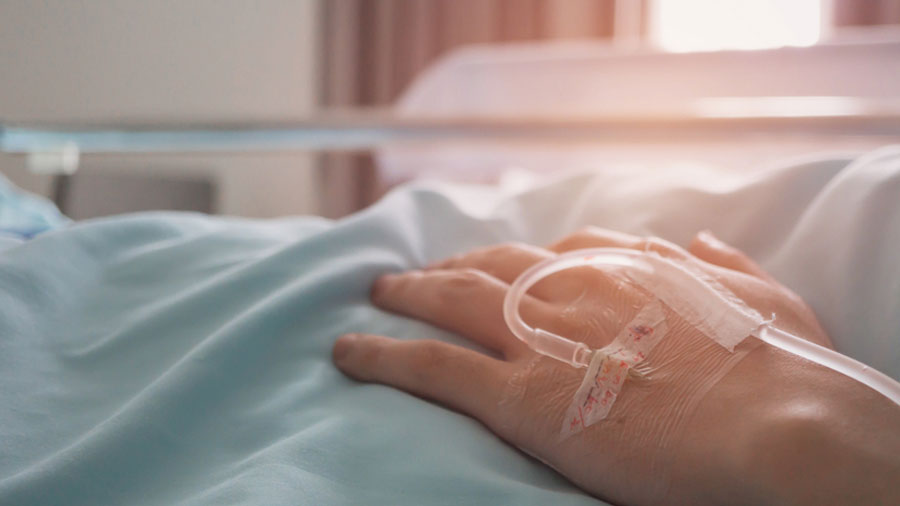A section of doctors in private healthcare facilities is increasingly refusing to perform surgeries and other procedures if the patient has a health insurance policy, insurance companies and hospital sources said.
As a result, some mid-level healthcare institutes are not tying up with insurance companies for offering cashless treatment, they said.
An initiative by the insurance regulator has enabled health insurance subscribers to avail of cashless treatment at any private healthcare institute, irrespective of whether it is part of an insurer’s network or not, subject to certain conditions.
The “Cashless Everywhere” scheme was announced in January by the General Insurance Council, a representative body of general insurers.
A consortium of four government-run medical insurance companies offer preferred provider network or PPN rates. Most private healthcare institutes are part of this network.
“Since the launch of the ‘Cashless Everywhere’ initiative, many smaller hospitals and nursing homes have applied for tie-ups for cashless treatment. Several of these hospitals are in the process of finalising the tie-up. However, some hospitals are not tying up because they said the doctors are resisting on the ground that insurance package rates are lower than those billed for patients paying by cash,” said Saurav Kariwala, deputy manager, National Insurance Company Ltd, and member, Kolkata Preferred Provider Network Committee.
“Because of that, these few healthcare units are not being able to tie up for the cashless facility.”
Health insurers said they often get bills for reimbursement from hospitals and nursing homes where the fee charged by the doctor is over and above the package amount.
“In some cases we have seen doctors taking fees beyond the total reimbursable amount for the entire treatment, including hospital costs,” said Kariwala.
“Recently, in one such case, the nursing home had included the doctor’s fee in the final bill. The amount charged by the doctor was much higher than what was agreed on with the hospital as part of the package. When we intervened, the nursing home refunded about Rs 70,000 to the patient who had already paid,” he said.
Officials of several big private hospitals admitted that some senior doctors refuse to treat patients who have health insurance or are beneficiaries of government schemes such as the West Bengal Health Scheme or Swasthya Sathi.
Earlier this week, a state government official had visited a doctor of a private hospital off EM Bypass for Arthroscopic ACL reconstruction surgery. The procedure involves replacing a damaged tissue by a graft taken from a donor or the patient’s body.
“The doctor asked me to conduct the routine pre-surgical tests. He also gave a date for the procedure. I went to the counter meant for West Bengal Health Scheme patients and a person called the doctor. The doctor said he would not do cases under this scheme,” said the official. “I was shocked.”
The state government official then called his departmental headquarters in Salt Lake and was told that such refusals were common.
“Many senior doctors refuse to treat patients under various government schemes because the rates are so low that they are often not viable for the doctor as well as the hospital. In those cases, we offer services of qualified but not so established junior doctors,” said Rupak Barua, president, Association of Hospitals of Eastern India.
“As for PPN, the consortium of insurers is supposed to revise the rates every two years. But often the rates remain the same for even up to four years. And the rates are so low that they are unviable. The cost of infrastructure and overheads is increasing fast. So, many doctors refuse to take patients under such PPN schemes,” said Barua.
“However, it is our constant endeavour to accommodate all patients and refuse no one,” he said.
At one private hospital, The Telegraph found out the disparity between the rates offered to patients insured under PPN and those paying with cash.
The cost of a knee replacement surgery under the
PPN rate is Rs 1.2 lakh, while patients paying from their pockets have to cough up
Rs 2 lakh.
One hospital which has not tied up for the cashless facility under the PPN in Kolkata is Sri Aurobindo Seva Kendra. The hospital authorities, however, said the tie-up did not happen because of technical issues and not because of pressure from doctors.
“We have no issues with doctors. There are some technical reasons for which the tie-up has not taken place till now,” said Tirthanath Sanyal, CEO, Sri Aurobindo Seva
Kendra.
Even when healthcare institutions don’t have a tie-up for cashless treatment under PPN, the expenses incurred by the patient’s family is reimbursed after the patient is discharged from hospital, insurers said.
The reimbursement rates for a particular hospital are on par with the rates followed for hospitals with similar infrastructure in the area.
